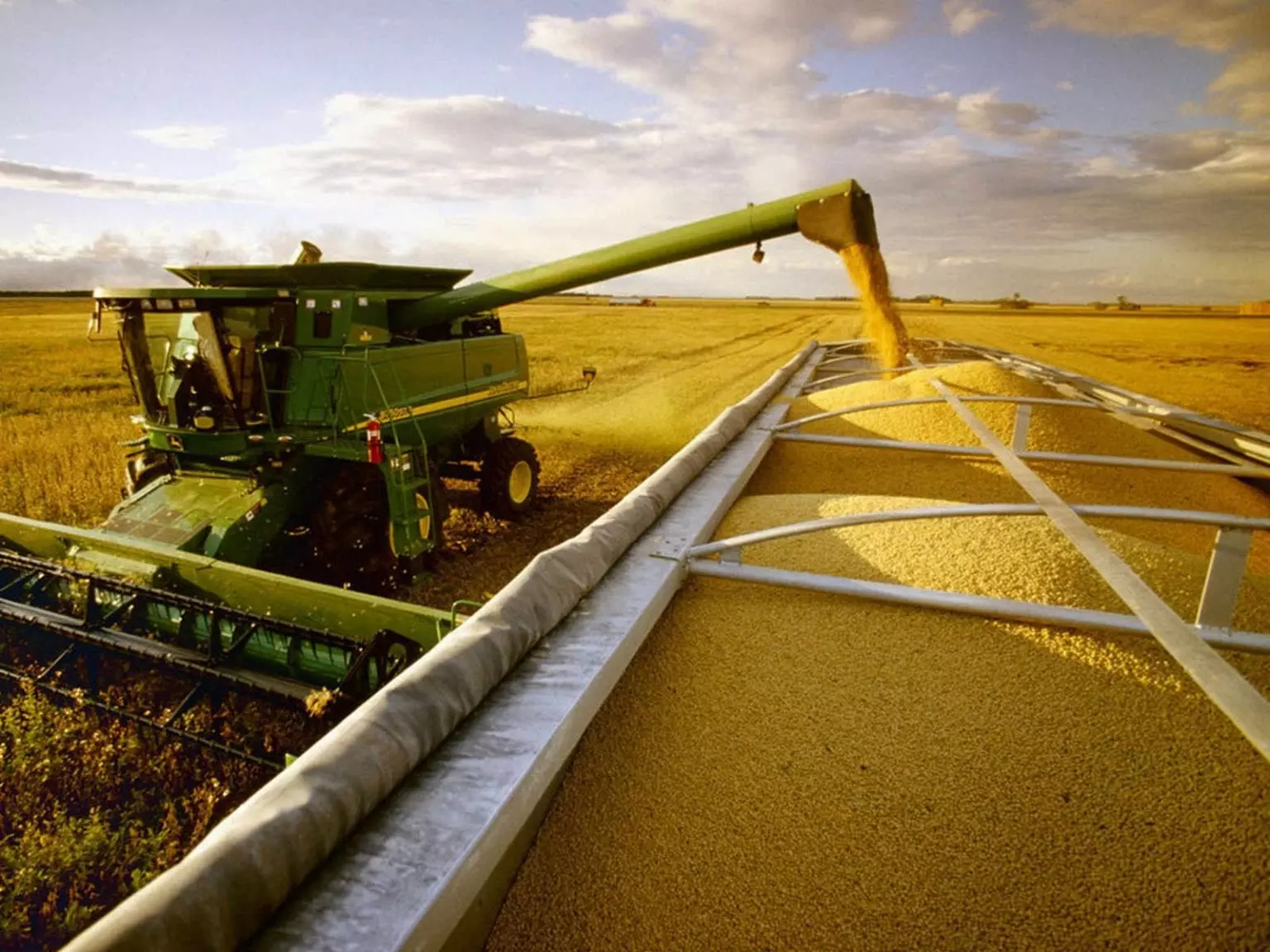According to recent information published by Business Africa Insider, Mozambique will become the third largest importer of rice. The exponential increase in demand is driven by population growth, urbanization and changing consumer preferences.
Although Africa is blessed with vast tracts of fertile land and agricultural potential, the ability to meet the growing demand for rice is becoming increasingly restricted. As a result, the continent is witnessing a growing dependence on imports to fill the gap between domestic production and consumption.
Currently, Africa imports a colossal 12.6 million tons of milled rice, resulting in a staggering import bill of around 5.5 billion dollars a year, as revealed in the latest Rice Outlook report from the United States Department of Agriculture (USDA). Projections for global rice trade in 2024 indicate an increase to 52.85 million tons, an increase of 345,000 tons over the previous forecast.
The scenario for rice imports in 2024 shows a notable increase for some African countries:
Nigeria: Leading the forecasts with 2.1 million tons, driven by high domestic rice prices and quality concerns.
Ghana: Projected at 800,000 tons, explained by more substantial purchases than expected from the main supplier, Vietnam.
Mozambique: Emerging as the third largest importer, with a projection of 700,000 tons, the result of more robust purchases than initially forecast from India, the country’s main supplier.
Burkina Faso: With a forecast of 525,000 tons, reflecting lower production in 2022/23 and the consequent reduction in supply.
Sierra Leone: 450,000 tons forecast, influenced by a slower pace of purchases than anticipated from India, the country’s main rice supplier.
The growing dependence of these African nations on rice imports highlights the urgency of strategies to boost domestic production and strengthen food security in a continent with vast agricultural potential. The challenge lies in balancing supply and demand, ensuring that Africa can sustain its growing population in a self-sufficient and resilient manner in the future.




